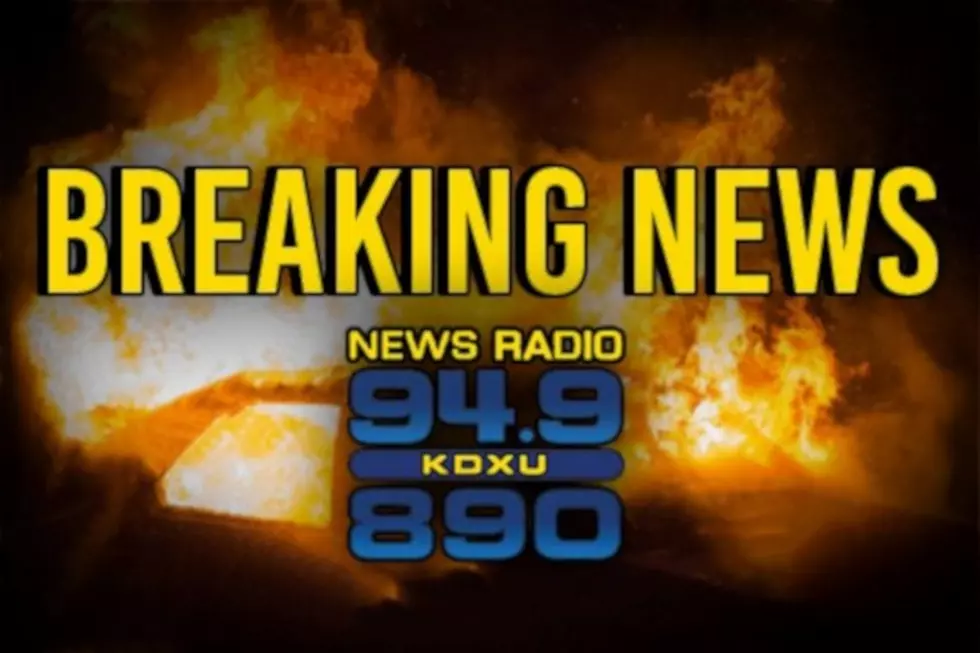
Fire restrictions being implemented in more areas across Arizona
Beginning May 12, 2020, the Arizona Department of Forestry and Fire Management, the Bureau of Land Management (BLM) and the Bureau of Reclamation (BOR) will implement Stage 2 fire restrictions.
Fire restrictions are a tool many agencies use to restrict activities known to be the most common causes of wildfires. Continued dry conditions and an increase in wildfire activity throughout Arizona have led agencies to implement fire restrictions.
Preventing wildfires keeps communities and firefighters safe; reducing their risk and exposure to injury, smoke, and disease.
Once conditions improve, and the risk of wildfires has been reduced, fire restrictions will be rescinded, and all allowable activities will be permitted to continue.
A violation of posted restrictions could result in citations, fines, jail time or reimbursement of the cost to put out the fire and rehabilitate the fire area.
The Stage 2 fire restrictions are as follows:
Bureau of Land Management and Bureau of Reclamation administered lands in Arizona including the Arizona Strip District
The following activities are prohibited on all BLM and BOR administered public lands in Arizona:
- Building, maintaining, attending or using a fire, campfire, charcoal, coal or wood stove. (Propane and pressurized liquid or gas stoves, grills or lanterns that include shut-off valves are permitted when used in an area of at least six feet or more cleared of flammable material such as grass and brush.)
- Smoking, except within an enclosed vehicle or building
- Welding or the use of any torch, metal cutting or grinding equipment
- Operating any internal combustion engine, such as a chainsaw or similar power tools
- Discharging a firearm except while engaged in a lawful hunt pursuant to state, federal or tribal laws and regulations
- Using fireworks, exploding targets, and incendiary devices, which are prohibited year-round
Arizona Department of Forestry and Fire Management – State Trust and Unincorporated Private Lands
The following activities are prohibited on all state-owned and managed lands, except south of the Grand Canyon in Coconino County:
- Building, maintaining, attending or using a fire, campfire, charcoal, coal or wood stove. (Propane and pressurized liquid or gas stoves, grills or lanterns that include shut-off valves are permitted when used in an area of at least six feet or more cleared of flammable material such as grass and brush.)
- Smoking, except within an enclosed vehicle or building.
- Operating any internal combustion engine, chainsaw usage restricted from 9am-8pm, welding or operating acetylene or other torch with open flame, using explosives.
- Discharging a firearm except while engaged in a lawful hunt pursuant to state, federal, or tribal laws and regulations.
- Recreational target shooting and fireworks are prohibited on state lands year-round.
Do your part. Don’t let a wildfire start. The public plays a valuable role in preventing wildfires. On average, human-caused wildfires make up more than half of all wildfire occurrences in Arizona annually. Always keep outdoor fire safety in mind.
Many of our wildfires start from vehicle and equipment use as well as campfires, or debris burning on private property. Follow all fire restrictions.
Use spark arresters on small equipment. Secure tow chains and check the condition of tires and brakes. Never pull your vehicle off the road into dry vegetation.
Prepare your home for wildfire. As we find ourselves spending more time close to home, take the time to evaluate the risk around your home and prepare for wildfires.
Taking individual responsibility to reduce flammable materials around homes and communities before a fire occurs can help keep property, the public, and firefighters safe.
Rake up dead leaves or needles, pull weeds and mow lawns, trim up your trees, and move anything that will burn away from your home. Creating a buffer between your home and trees, shrubs, undeveloped spaces or other wildland areas, is essential to improving your home’s chance of surviving a wildfire.
Not only can this space help slow or stop the spread of wildfire, it also provides a safe place for firefighters to defend your home if conditions allow.
Fire restrictions vary by agency and jurisdiction. “Know before you go.” Contact your local land or fire management agency or fire department for more information.
More From KDXU 890 & 92.5







